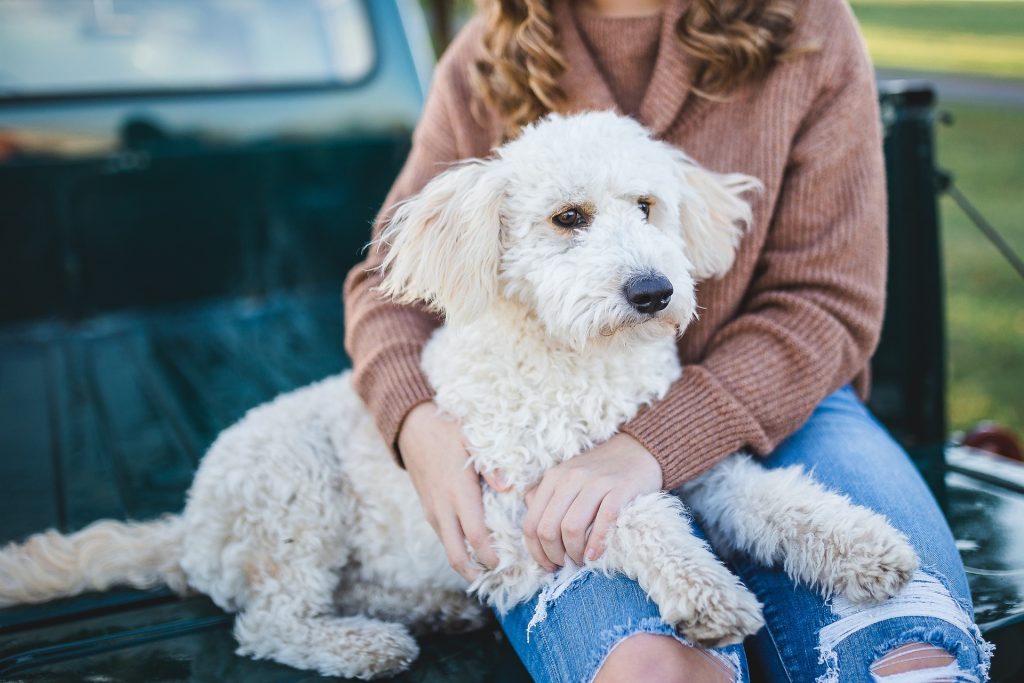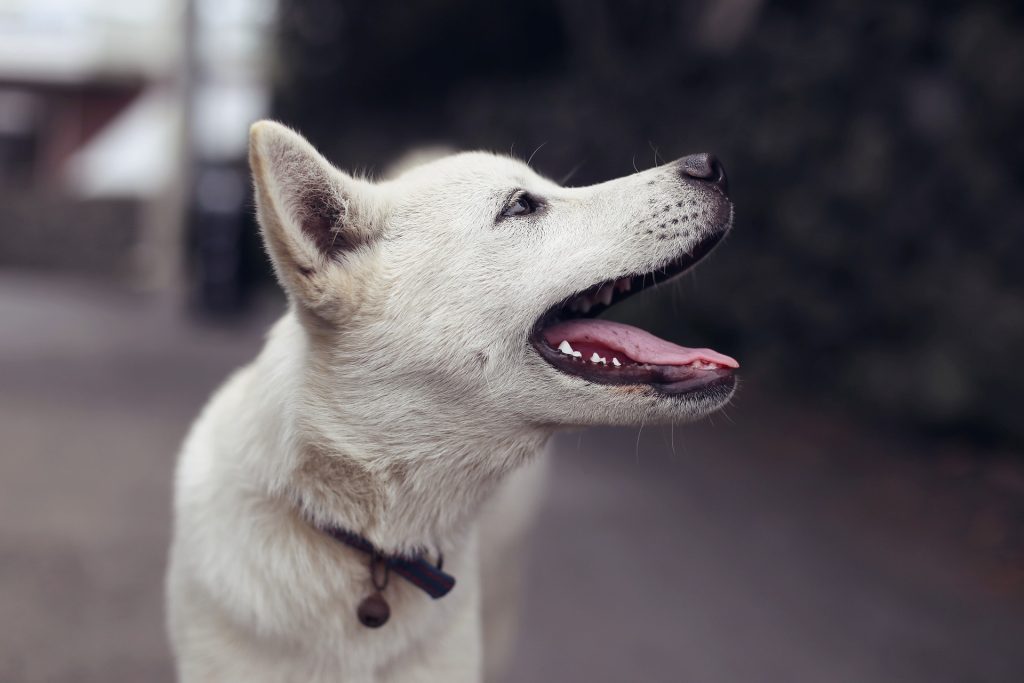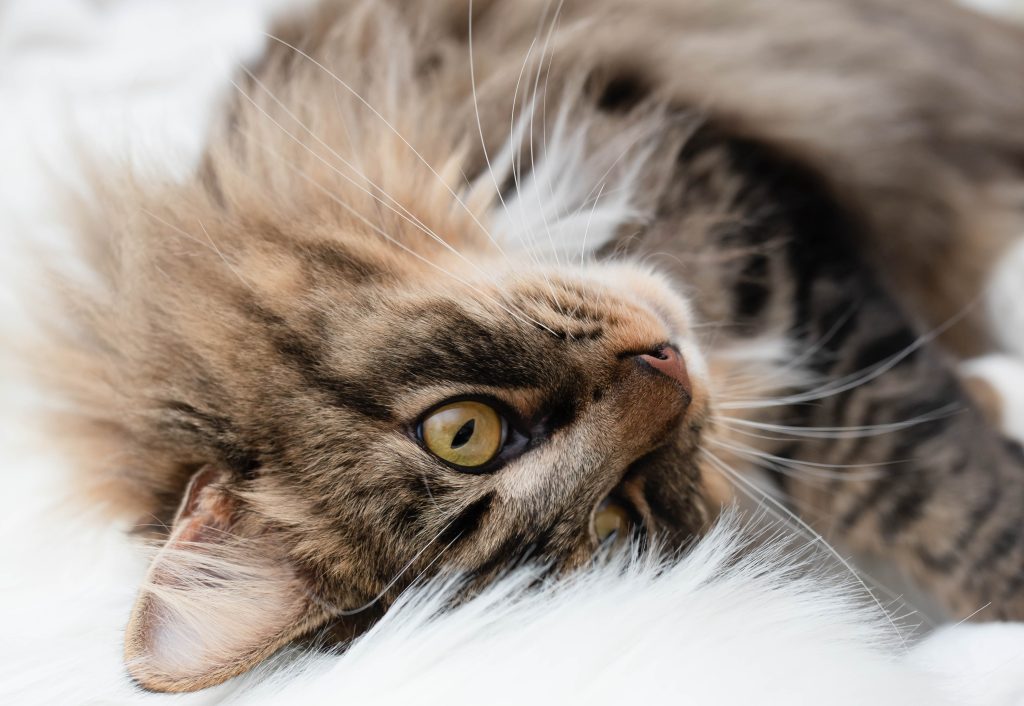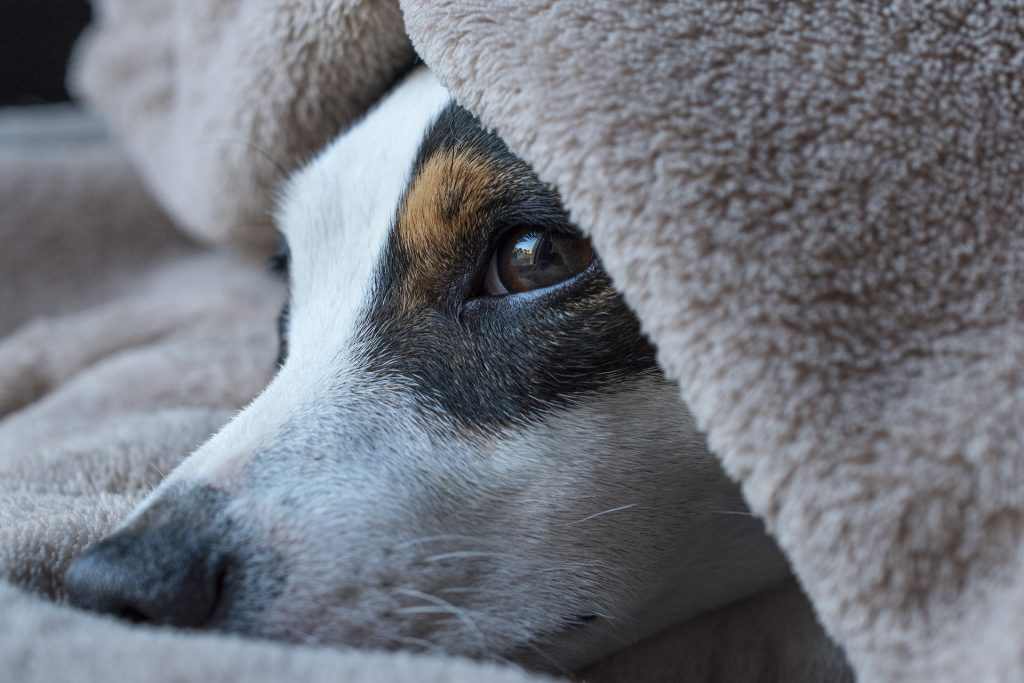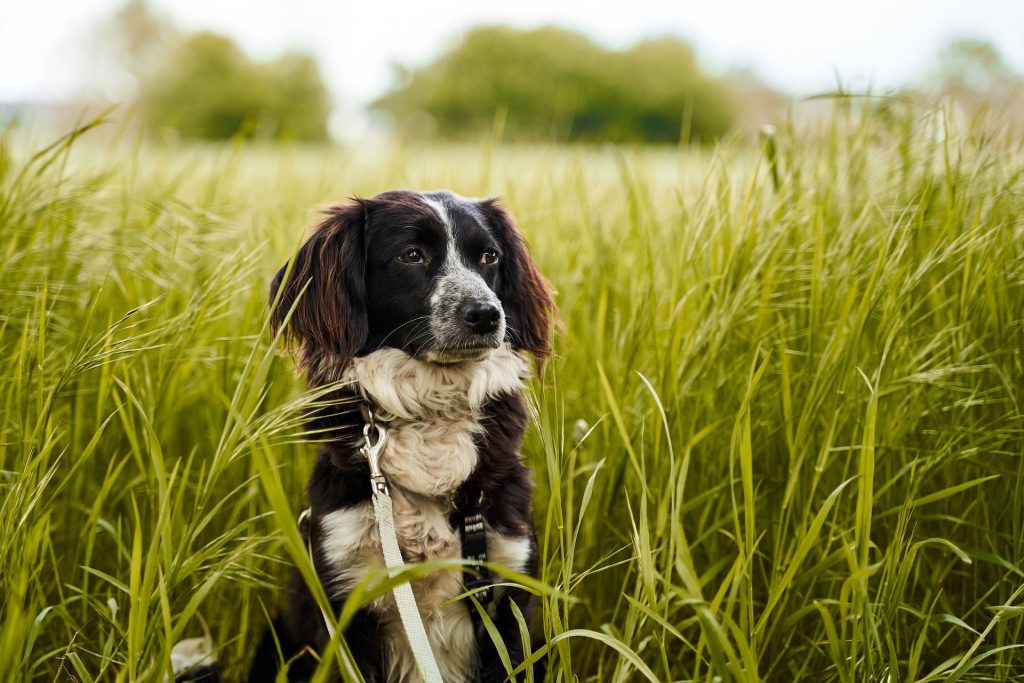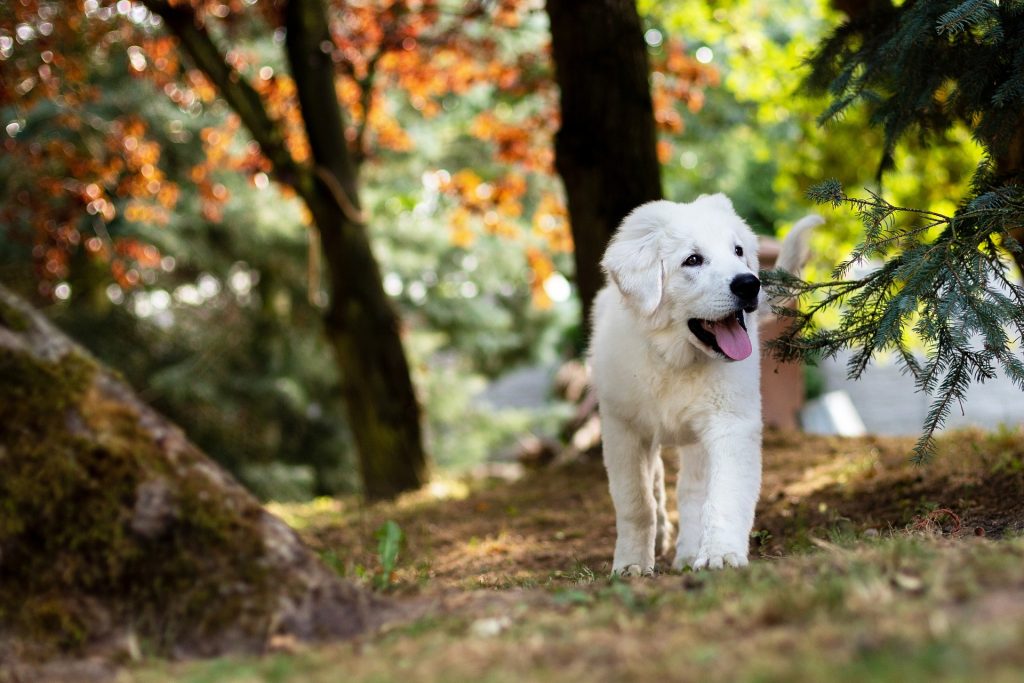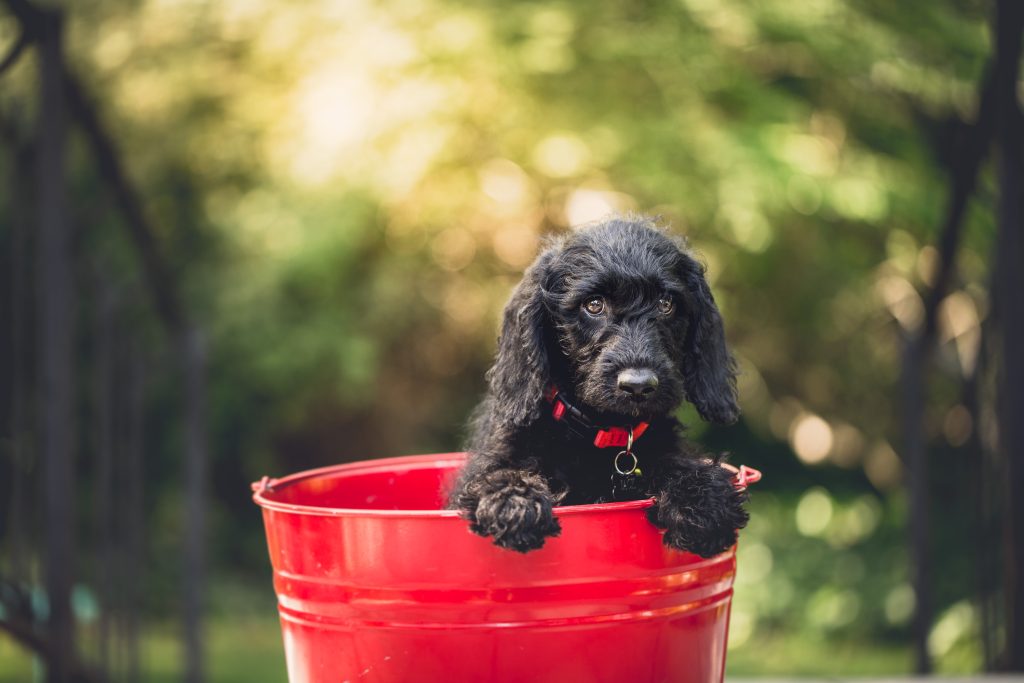Coccidia in cats is a type of parasitic infection caused by protozoan parasites belonging to the genus Isospora (specifically Isospora felis and Isospora rivolta). Coccidiosis is the condition resulting from this infection and can affect cats of all ages, although it is particularly common in kittens.
Overview of Coccidia in Cats
Life Cycle of Coccidia :
- Oocyst Stage: Coccidia reproduce sexually in the intestines, producing oocysts that are shed in the feces. These oocysts are highly resistant to environmental conditions.
- Sporozoite Stage: After ingestion of oocysts, they release sporozoites in the intestines. Sporozoites invade intestinal cells and begin to multiply.
- Meront Stage: Inside the intestinal cells, sporozoites develop into meronts, which produce more merozoites.
- Gametocyte Stage: Merozoites mature into gametocytes, which combine to form new oocysts.
- Oocyst Shedding: Mature oocysts are shed in the feces, contaminating the environment and continuing the life cycle.
Symptoms of Coccidiosis in Cats
The severity of symptoms can vary, and some cats may be asymptomatic. Common signs include:
- Diarrhea: Often the most prominent symptom, which can be watery, mucoid, or occasionally bloody.
- Vomiting: Less common but can occur, especially in severe cases.
- Abdominal Pain: Cats may show signs of discomfort, such as restlessness or crying.
- Weight Loss: Due to malabsorption and decreased appetite.
- Dehydration: Resulting from prolonged diarrhea.
- Lethargy: Affected cats may appear tired or less active.
Causes and Transmission
Coccidia are transmitted through ingestion of oocysts from contaminated environments. Key sources of infection include:
- Contaminated Feces: Cats ingest oocysts from feces of infected animals or contaminated surfaces.
- Environmental Contamination: Oocysts can persist in the environment (e.g., soil, bedding) for extended periods.
Diagnosis
To diagnose coccidiosis, a veterinarian will typically perform:
- Physical Examination: Assessing the cat’s health and symptoms.
- Fecal Examination: A fecal flotation test is used to detect coccidian oocysts in the stool. Sometimes, direct smear or fecal PCR (Polymerase Chain Reaction) tests may be employed for more accurate diagnosis.
- Additional Tests: If needed, further tests like blood work or imaging may be conducted to rule out other conditions.
Treatment
Treatment aims to eliminate the parasites and manage symptoms:
- Anticoccidial Medications: Medications such as sulfadimethoxine, trimethoprim-sulfadiazine, or ponazuril are commonly prescribed to target coccidia. The choice of medication and dosage depends on the severity of the infection and the specific coccidian species.
- Supportive Care: Includes fluid therapy to combat dehydration, a bland diet to ease gastrointestinal distress, and medications to control diarrhea and vomiting.
- Hygiene: Thorough cleaning and disinfecting of the environment, including bedding and living areas, to reduce the risk of reinfection. Effective disinfectants include bleach solutions or other products specifically designed for parasite control.
Prevention
Preventive measures focus on reducing the risk of infection and minimizing environmental contamination:
- Clean Environment: Regular cleaning and disinfection of areas where the cat spends time, especially litter boxes, bedding, and outdoor spaces.
- Prompt Fecal Disposal: Remove and dispose of feces from the environment promptly to prevent contamination.
- Regular Vet Checkups: Routine fecal exams can help detect coccidiosis early and prevent outbreaks.
- Good Hygiene Practices: Wash hands thoroughly after handling feces or cleaning the litter box.
Risk Factors and Populations at Risk
Certain factors increase the risk of coccidiosis:
- Kittens: Young kittens are more susceptible due to their developing immune systems. Stressful conditions, poor hygiene, or crowded environments can exacerbate the risk.
- Immunocompromised Cats: Cats with weakened immune systems are at higher risk of severe infections.
- High-Density Environments: Shelters, catteries, or multi-cat households are at higher risk due to increased potential for environmental contamination.
Prognosis
With prompt and appropriate treatment, most cats recover from coccidiosis without long-term issues. However, young or immunocompromised cats may experience more severe symptoms and require more intensive care. Early diagnosis and intervention are crucial for a good prognosis.
Conclusion
Coccidiosis in cats is a manageable condition with proper veterinary care and preventive measures. If you suspect your cat has coccidiosis or is showing symptoms of gastrointestinal distress, consult with a veterinarian for a tailored diagnosis and treatment plan. Effective management involves addressing the underlying infection, maintaining good hygiene, and ensuring overall well-being.


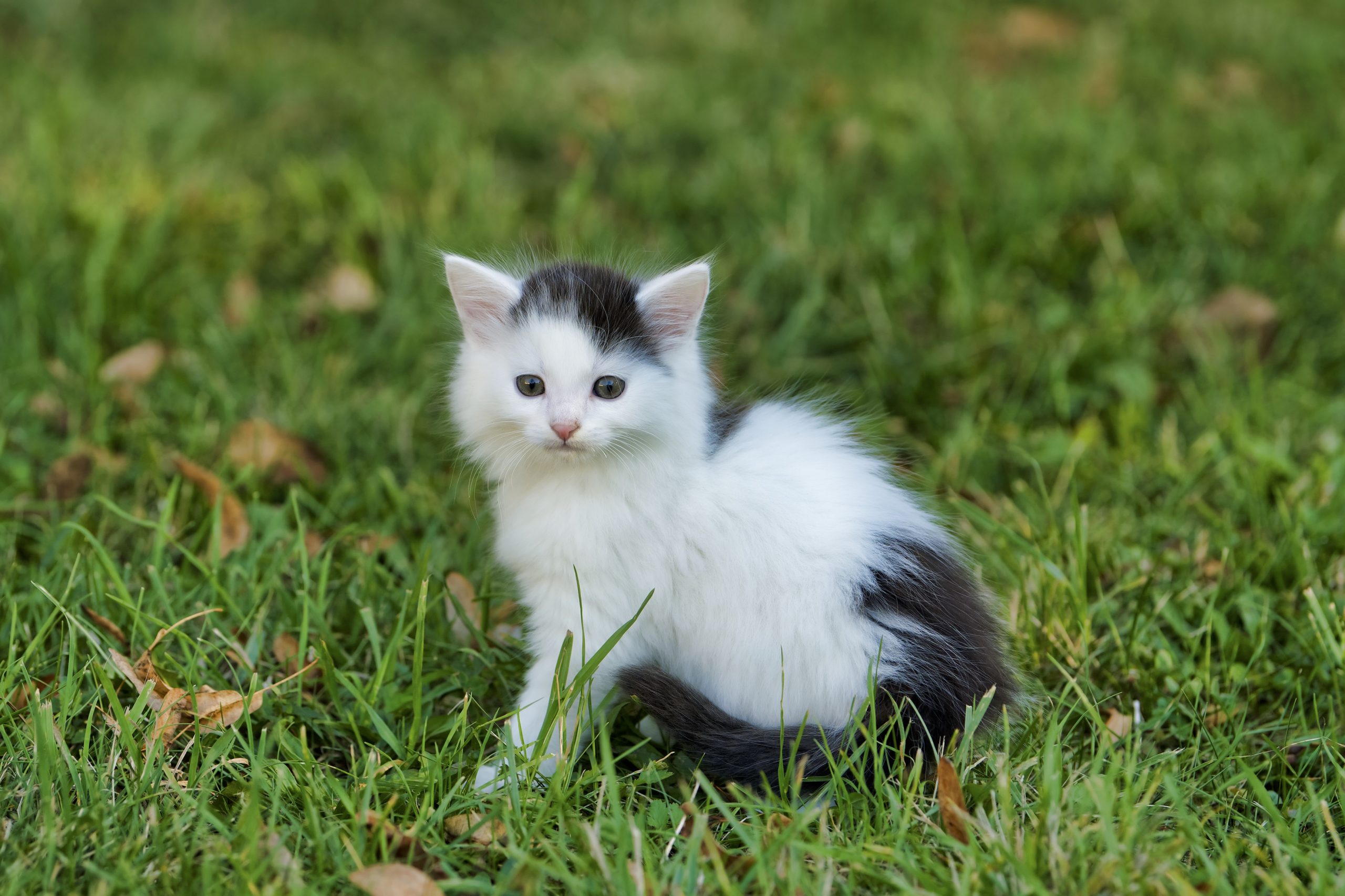

 On demand visits for urgent issues 24/7
On demand visits for urgent issues 24/7 

